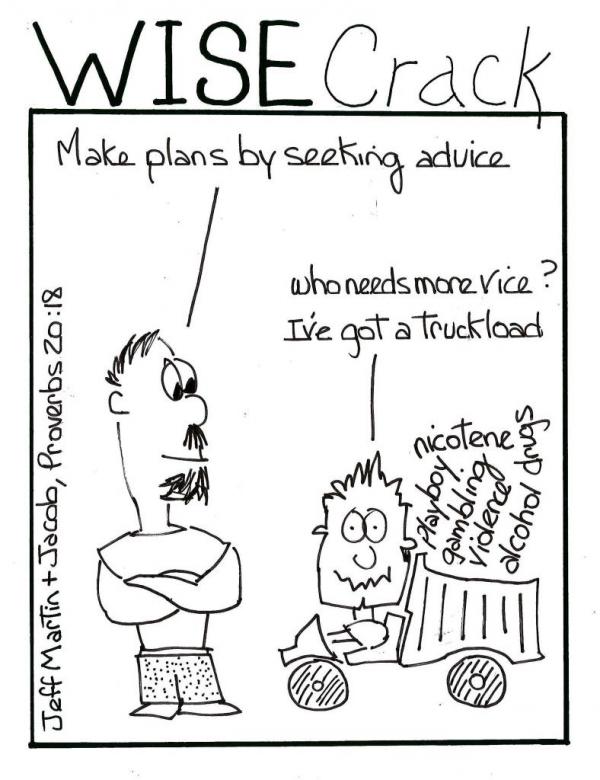I just finished watching an awesome play production of Charlie Brown's Snoopy at a local playhouse. The play producers and actors are good friends, and I was thoroughly entertained. I almost fell off my seat laughing to watch my normally mild-mannered friends roll out a Broadway class performance. Well done!
The grand finale song brought out the whole cast as melodramatic Charlie Brown mused about the possibility of anyone ever believing in him. His friends pondered the question themselves and one by one joined the rousing chorus committing to belief in Charlie Brown. Yet we should be reminded that words are more than words, and entertainment is often more than entertainment. It dawned on me that the conversation, music, and movies of unbelievers are, at a minimum, a reflection and more often a platform to preach their worldview. I wondered if I could believe in Charlie Brown. As a believer in Christ I am protective of the verb.
Yet I am a student of Charlie Brown, Snoopy, and their creator Charles Schulz. As a kid I loved the comics and read them over and over again. They passed the test of moral goodness in our home and so were a staple in my entertainment diet. I even wrote my own Snoopy comic as a gift to my 4th grade teacher! Now as an adult I have taught cartooning to children and often reference Schulz's style because it is easy to imitate. One Christmas tradition in my family is to watch my old VHS copy of Charlie Brown Christmas, which ends with a verbatim reading of the gospel message from Luke chapter 2. So after all that, why would I question whether I can believe in Charlie Brown?
The message behind Schulz's entertaining comic seems trustworthy enough, as we hear Linus van Pelt quoting Luke 2:8-14 to explain "what Christmas is all about." Schulz had even said in personal interviews that Linus represented his spiritual side. However, from the late 1980s Schulz described himself in interviews as a "secular humanist." Not quite the wholesome message of the Bible. He also added, "I do not go to church anymore... I guess you might say I've come around to secular humanism, an obligation I believe all humans have to others and the world we live in."
So we see that the heart of Schulz's message to the world through Peanuts was much more than entertainment. Schulz, like all of us, was expressing his worldview with his words and actions. When Charlie Brown longs for someone to believe in him, he is asking for much more than someone to cheer for him. Charlie Brown is like all of us at heart, a secular humanist, putting trust in man and wanting others to trust in him. When Charlie Brown's friends conclude "You're a good man Charlie Brown" these words are rooted in the secular humanism of Schulz. Charlie Brown, Snoopy, and the whole Peanuts gang are the story of Schulz's faith in... humanity.
Now I am not on a Snoopy hunt. I plan to keep Charlie Brown Christmas on my shelf and look forward to watching it with my family in a few weeks, come December. Yet I ask, have any Christians noted that Charlie Brown is not a good man? Have any noticed that we cannot believe in Charlie Brown? Please don't think me silly to ask if you believe in Charlie Brown. What I am really asking is if you are part of the gang of Peanuts trying to believe in yourself and others? Schulz turned his face away from the blazing message of the gospel in hopes of finding a moral humanity, but the gospel reminds us that "for all have sinned, and fall short of the glory of God" (Romans 3:23 WEB).
While Schulz's work is incredibly well done moral entertainment by human standards, his life message is the antithesis of the gospel of Christ. If only Schulz and his cartoon friends had ended their lives with the truth on their lips, "You're not a good man Charlie Brown, ... but through the grace of God!"












